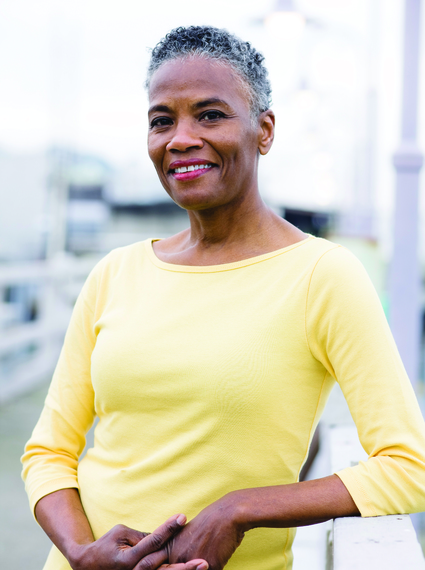By Vanessa Barrington , Communications Director, Justice for Aging, and Denny Chan, Staff Attorney, Justice for Aging
Legal services organizations play a crucial role in alleviating the effects of poverty for all Americans. However, when it comes to older Americans, not all low-income seniors have the same legal needs, not all will seek out help on their own, and many will require culturally competent services to meet their needs.
For example, the intersection of poverty and discrimination creates an array of unique legal needs for LGBT older adults. By focusing on the most prevalent legal issues and providing culturally competent services, legal services organizations can deepen their impact. How Can Legal Services Better Meet the Needs of Low-Income LGBT Seniors? is a new Special Report by Justice in Aging, produced in partnership with Services and Advocacy for Gay, Lesbian, Bisexual, & Transgender Elders (SAGE) that offers practical help to direct legal service providers.
The report is divided into three sections. The first section outlines some of the systemic issues that lead to LGBT older adults experiencing higher rates of poverty, highlighting how some groups, such as people of color and transgender individuals, suffer disproportionately.
The second section discusses how discrimination and other factors lead to problems accessing economic security and health care benefits, and the legal issues that often ensue as a result. This section also runs down the key legal issues that legal services professionals should be well-versed in, including how recent marriage laws affect public benefits, discrimination in health care, culturally incompetent health care, housing discrimination, discrimination in long-term care facilities, powers of attorney, wills, and advance directives, and name and gender change paperwork.
The third section offers practical tips for outreach, intakes, and providing culturally competent legal services to LGBT older adults.
A short video that shows the diversity of the LGBT population and highlights the types of legal challenges LGBT people might face as they grow older accompanies the report.
This Special Report is a reminder of the unique legal needs facing many different communities. It is meant to provide some tailored strategies for legal services organizations to engage and serve low-income LGBT seniors in order combat the persistent effects of poverty and discrimination and have the maximum impact through legal representation.

